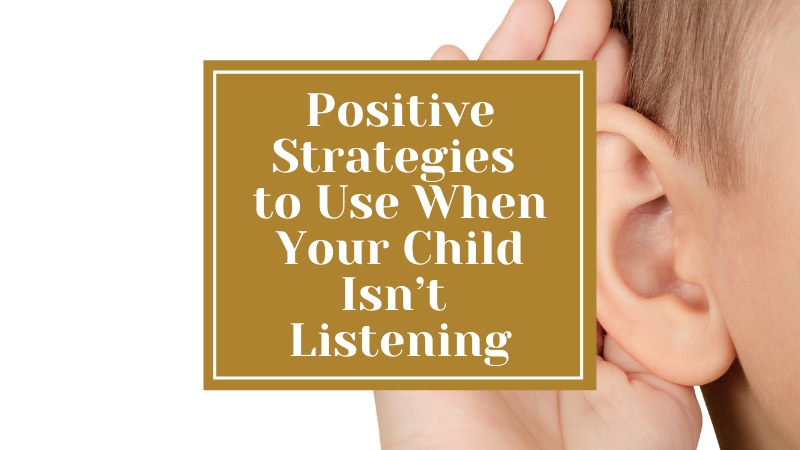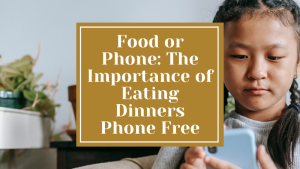Parenting gets really hard when your kids can start deciding not to listen to you. The routine of eating, sleeping and pooping are a lot more complicated now, and boy do kids love practicing free will.
While we want to raise strong, independent children, we still need to hold the authority in the house. Nothing will ever get done or be learned if we leave it up to the kids. Teaching them to listen to you can be tricky. They so desperately want to make their own decisions, but still, need guidance and wisdom from you.
Sometimes, they just don’t want to listen out of defiance. This can be really frustrating to deal with as a parent, but it is something that you just have to learn to deal with. Instead of using anger and punishment to force kids to listen, rather try and turn it into a positive experience for the both of you.
There are some strategies to use when your child isn’t listening, that give an opportunity for both of you to learn how to deal with situations like this in future. Practicing these positive strategies will help make them habit for you and will teach your child how to effectively listen to you in future.
Stick to your guns, stay positive and follow the below tips on how to get your child to listen, when they just don’t want to.
1. Make a Connection
In order to get them to listen, you need to get down to their level. Whether this is literally lowering yourself to their eye level or speaking to them in the best way they would understand, making a connection is the first step to get them to listen. Without properly connecting, they won’t really pay much attention at all to what you are saying.
2. Get Them to Repeat What They Have Heard
The best way for kids to remember what they are being told is to repeat it back. The repetition forces them to listen and learn what you have to stay. It gets them thinking about what you have said, and it will make it stick.
3. Be Careful of Your Tone
Rushing in with anger or frustration will only scare your child, and when scared it is really difficult for them to concentrate on what you are saying. Instead, calm yourself down and speak to them in a caring, loving tone. They will feel protected and safe, and more willing to listen.
4. Keep Words Simple
Your child will never be able to understand what you are saying if you use ‘adult’ words. Keep words simple and sentences short. They have short attention spans, so the more direct your words are, the easier it will be for them to understand and listen.
5. Be a Good Listener Yourself
You need to teach them that listening to someone is a form of respect, and you need to show them that you respect their words as well. Teach them how to listen by being a good listener yourself. Don’t brush them off when they speak to you, actively pay attention to what they are saying.
6. Encourage Positive Behavior
Try and not react to bad behavior, instead praise them when they are good. This positive reinforcement will encourage them to cut out the bad behavior and instead act good. If they listen well, do chores on their own or are just generally well mannered, make sure you let them know that you are proud.
7. Get Them Cooperating.
Don’t bark off orders. Get the kids involved in what you are saying. If your child isn’t listening to “go eat!”, try something along the lines of “hey, should we go see who can finish their dinner first?”. Get them excited to participate in the ‘activity’ instead of making them feel like they are forced into doing it. They will be much more willing if they feel like it was their idea in the first place.
Kids are tricky little creatures, you need to figure out the best way to manipulate situations and turn them into positive learning experiences. It will take time, but as long as you remember to keep things light and calm, you will have a listening toddler who is well mannered and well behaved!




